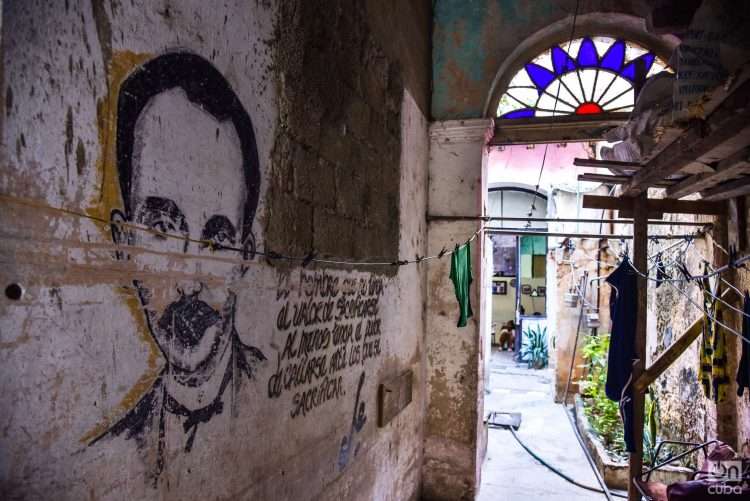The year 2022 will be remembered for the enormous legislative production of the National Assembly of People’s Power (ANPP), a true marathon without precedents in the previous sixty-two years. Not so much because of the number of laws approved, promulgated and published, but because of the relevance of their contents and the depth of the changes that they will begin to generate in the Cuban legal order, formally and materially, in the regulations and in the legal practice.
In principle, it is about complying with the first requirement of a legal order: coherence. The set of laws and regulatory provisions must respond to the frameworks established by the Constitution. It is something that was never achieved with the 1976 Constitution, which led to serious dysfunctions of the Law in Cuba. Ongoing legal reforms could begin to correct the situation.
According to the legislative schedule of the ANPP, twenty-seven Laws would be approved this year, in addition to fourteen decree laws by the Council of State. Among the former, some as relevant were approved as the Family Code (in a popular referendum), the Penal Code, the Law on the Process for the Protection of constitutional rights, the Law on Criminal Procedure, the Law on Administrative Process, the Law of the People’s Courts, the Electoral Law, among others.
Below is a brief overview of the main laws approved (several of them in force), their achievements and shortcomings, and their main effects on Cuban Law and the areas in which they will apply. First, let’s see the social context in which they will be applied.
The ambitious legislative reform program is being carried out in a very unfavorable context: the exhaustion of the bureaucratic, statist and hyper-centralized model. This has been evident since the approval of the Guidelines of the 6th and 7th Congresses of the Communist Party of Cuba (PCC), but it has worsened in recent years due to a combination of factors: the pandemic, the sanctions of the Trump administration, the erosion of the legitimacy of the authorities (demonstrated in the decreasing participation in the elections and referendums from 2018 to date and the popular protests that have emerged in the country in the last two years).
In this context, what can the Law do? Not too little, not too much, really. The execution of such an ambitious legislative program and in such short terms indicates that the leading authorities in Cuba are aware of the urgency of the reforms and of their absolute necessity to change the outdated and exhausted bureaucratic model.
In fact, it is impossible to do so without profoundly changing outdated laws, inconsistent with the new constitutional frameworks. Therefore, regardless of their future successes or the lack thereof, such reforms and legal adaptations to the frameworks of the Constitution are a necessity and an urgency and should be seen not as the end of anything, but as the beginning of the possibility of finally being able to “change everything that must be changed.”
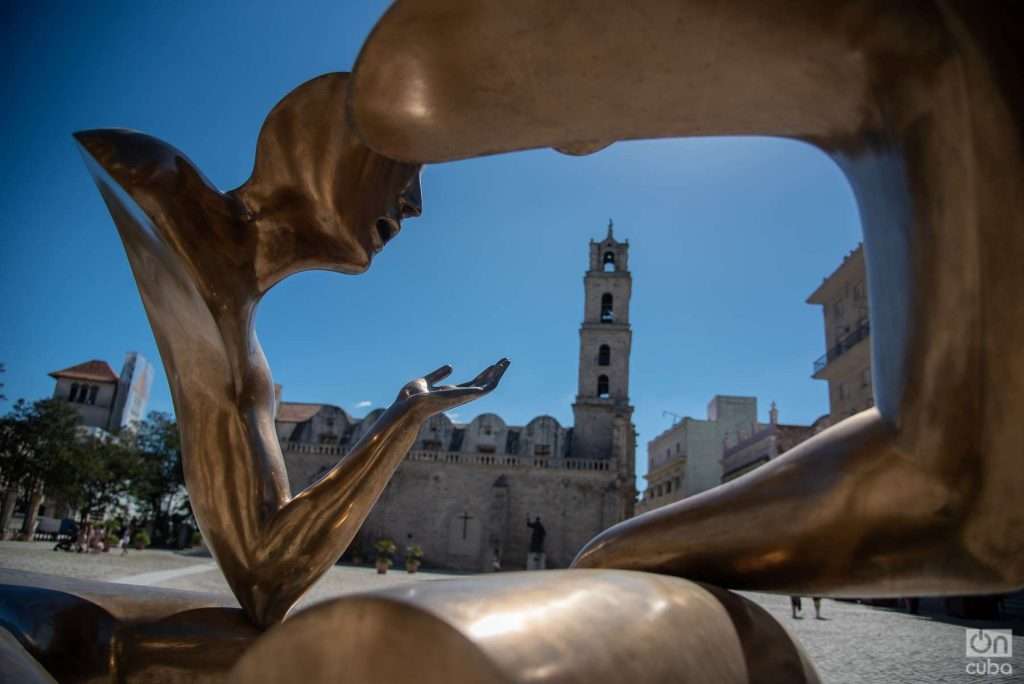
Family Code and Penal Code
Due to the depth of the regulatory changes and the social relevance of its contents, it is mandatory to refer first to Law No. 156/22, Family Code, and Law No. 151/22, Penal Code.
The first was preceded by intense debates, some of which date back to the process of popular discussion of the draft new Constitution, which began in 2018. The new Code, approved by referendum last September, is certainly the most advanced piece of legislation in Cuban Law, and surely the one that most rigorously develops and translates into specific regulations the values, principles and generic regulations contained in the Constitution. Of the main advances of the new Family Law, it is worth mentioning the following:
– It is a modern and comprehensive text, in line with the most recent and advanced legislation in the world on the matter. It updates and constitutionalizes the family legal order, in complete harmony with the provisions of the 2019 Constitution.
– It expands and reinforces the protection of all expressions of family diversity, with specific provisions for its most vulnerable members; it radically combats any expression of discrimination or violence in any of its manifestations in the family environment. It recognizes same-sex marriage, expands the rights of spouses, minors, disabled people and the elderly, and reinforces legal protection for them. Two of its great novelties are the establishment of mediation to resolve family conflicts in most matters, and the creation of a Family Ombudsman, to guarantee the protection of the most vulnerable members of families.
– It establishes the rules of Family Private International Law (a vital issue in the face of the so-called internationalization of families), which ensures the protection and guarantee of the rights of family members whose legitimate interests could collide due to the different applicable laws and the consequent rating conflicts.
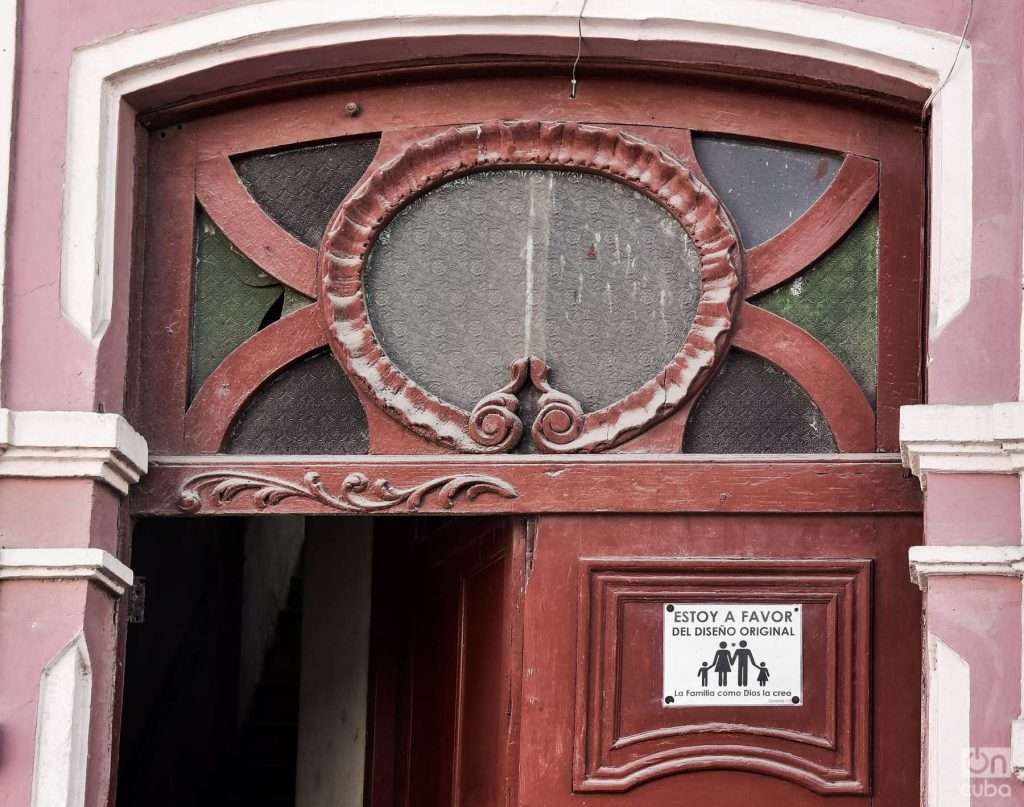
There would be a lot to say about the new Penal Code. On the positive side, the effort of the drafting committee and the legislators to modernize and update our Penal Code, in accordance with the most recent trends in international penal doctrine and establish a legal framework for crimes and penalties in line with the values, principles and rights proclaimed in the 2019 Constitution.
Other successes result from the exhaustive prohibition of the use of analogy in Criminal Law; the elimination of the figure of pre-criminal social dangerousness, something that for years was demanded by Cuban jurists; the limitation of the duration of the deprivation of freedom to a maximum of forty years; and the substantial improvement in the definition of criminal offenses such as rape and so-called pedophilia with violence, now consolidated for the better into a single figure, sexual assault.
All this responds to demands for a long time formulated by criminal lawyers and other Cuban jurists and contributes to standardize criminal legislation and make it more coherent with constitutional frameworks.
In addition, it introduces new regulations on environmental crimes, cybercrime, gender-based violence and transnational criminal networks.
However, the new Code maintains the excessively repressive and punitive bias that characterizes Cuban Criminal Law since Law No. 87 of 1999, which left us with life imprisonment, the elimination of the maximum limit of twenty years of deprivation of liberty (and thirty only when it was imposed as a substitute for the death penalty), and a hypertrophy of crimes punishable by the death penalty.
The Code increases the number of crimes punishable by death to 24 (from 20 in the previous Penal Code, Law No. 62/1987) and to 31 the crimes that can lead to perpetual deprivation of liberty (from 24 in the previous one).
Strictly speaking, this punitive relentlessness is not justified, since Cuba is one of the countries in the hemisphere with the lowest crime rate, and particularly serious crimes, as recognized by international organizations. On the other hand, the death penalty is especially difficult to accept, given its almost impossible fit with articles 40, 41 and 46 of the Constitution of the Republic.
The first establishes that human dignity is the supreme value that supports the recognition and exercise of the rights and duties enshrined in the Constitution: no greater denial of human dignity is conceivable than executing a human being, even by sentence of a court.
Art. 41 decrees that the Cuban State recognizes and guarantees the person the enjoyment and the inalienable and imprescriptible exercise of human rights.
Art. 46 lists the fundamental human rights (which is later developed in the articles that follow), and the first on the list is the right to life.
In addition, the death penalty is in fact incompatible with the purposes of Criminal Law, if we except repression, which, well looked at, is not an end, but a notion inherent to the very idea of Criminal Law, based on the ius puniendi (the right to punish).
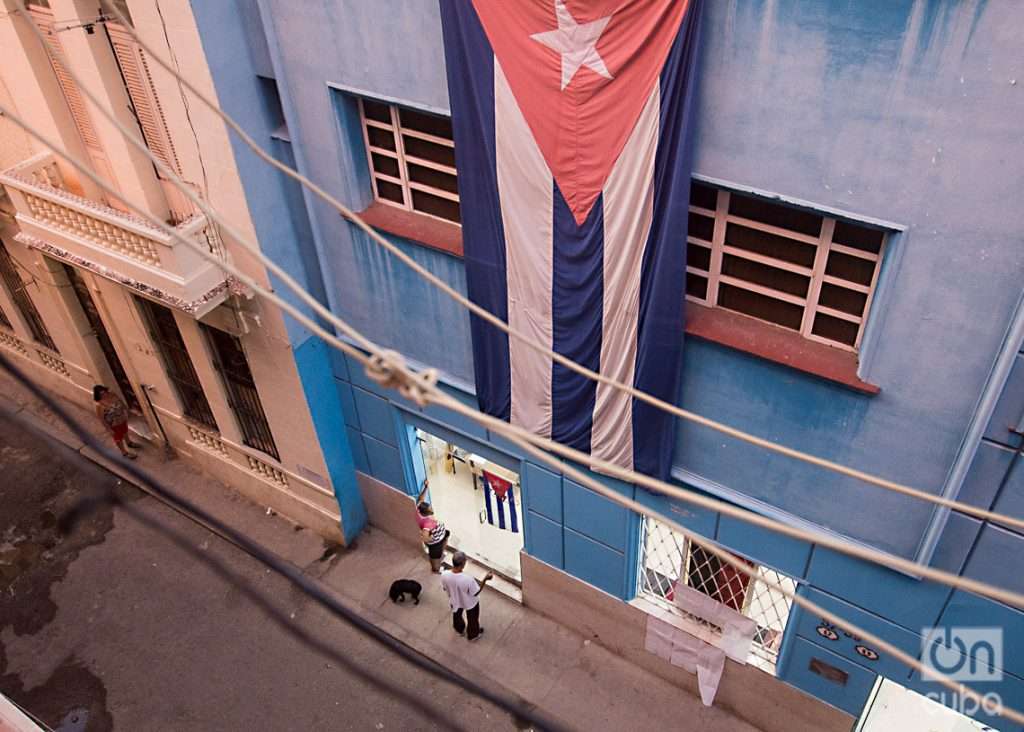
The wording of some criminal offenses is also problematic. For example, the crime of sedition (art. 121) and the crime of contempt (art. 185). Both (and in general the special part of the Code) suffer from two serious problems: the use of generic formulations as if they were identifiable facts without further ado, such as the case of the adverb “riotously” (in the definition of sedition), whose meaning is so vague that it is problematic to interpret.
In the most advanced international criminal doctrine, it is usually required, to configure sedition, that thousands of people participate in its execution. On the other hand, in the definition of the criminal type, the use of violence is considered as a constitutive element of the crime, and two paragraphs below, the crime is punished when it is committed without the use of violence, which, strictly speaking, would no longer be sedition, but rather another less serious conduct that would therefore deserve less punitive treatment.
Regarding the definition of the crime of contempt, the text exhaustively lists a series of actions whose performance would configure the crime. In order not to miss any, it adds the expression “or, in any way, insults or offends, verbally or in writing, in his dignity and decorum,” which is so generic that almost any conceivable criticism, directed at a public official, authority or its agents or auxiliaries, could be understood as contempt.
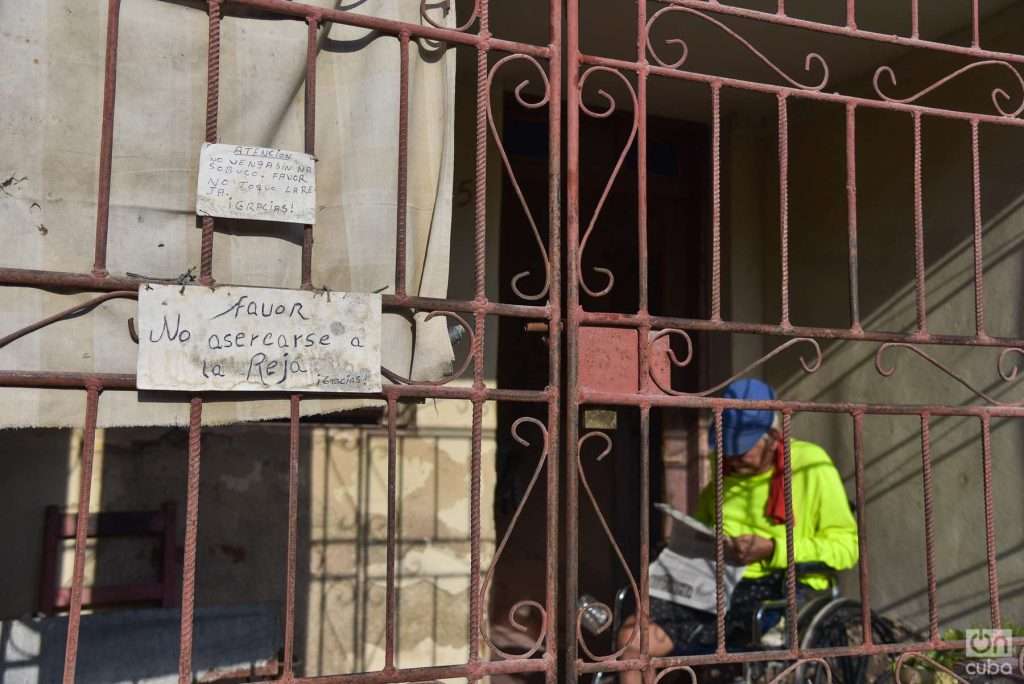
The heading that follows triples the prison sentence and eliminates the possibility of a fine when the crime is committed against a long list of public officials, from the President of the Republic to the President of the National Electoral Council, going through all the intermediate authorities.
It is not compatible with the basic idea of popular sovereignty: the citizens as a whole (the constituents) hold popular sovereignty, and the officials are public servants (their representatives). Consequently, punishing the crime with prison sentences of up to three years, as if the punishment of the basic figure, from six months to one year, was not enough, is frankly exaggerated and out of proportion.
It is just a sample of punitiveness and the commitment to Criminal Law as the main tool to deal with social conflict, which is wrong and is also characteristic of the most conservative penal thought currents, even reactionary, such as symbolic Penal Law or the Criminal Law of the enemy, both criticized by a long list of legal philosophers and by the most respected criminal lawyers in the world.
The central question will be how the judges will interpret the regulations of the new Penal Code. It would be desirable that through interpretation (and article 3.1 of the Law on Courts of Justice constitutes the legal basis for this) they reduce the excessively repressive and punitive bias of the Code. It would be more in line with the guarantee and pro-rights nature of the Constitution, and it would be an important step to recover the idea of Criminal Law as a last resort, a historical heritage of the Enlightenment and socialist thought, from its origins opposed both to the penalty of death as to life imprisonment (you only have to read the comments of Marx and, decades later, of Rosa Luxemburg).
Process for protection of constitutional rights
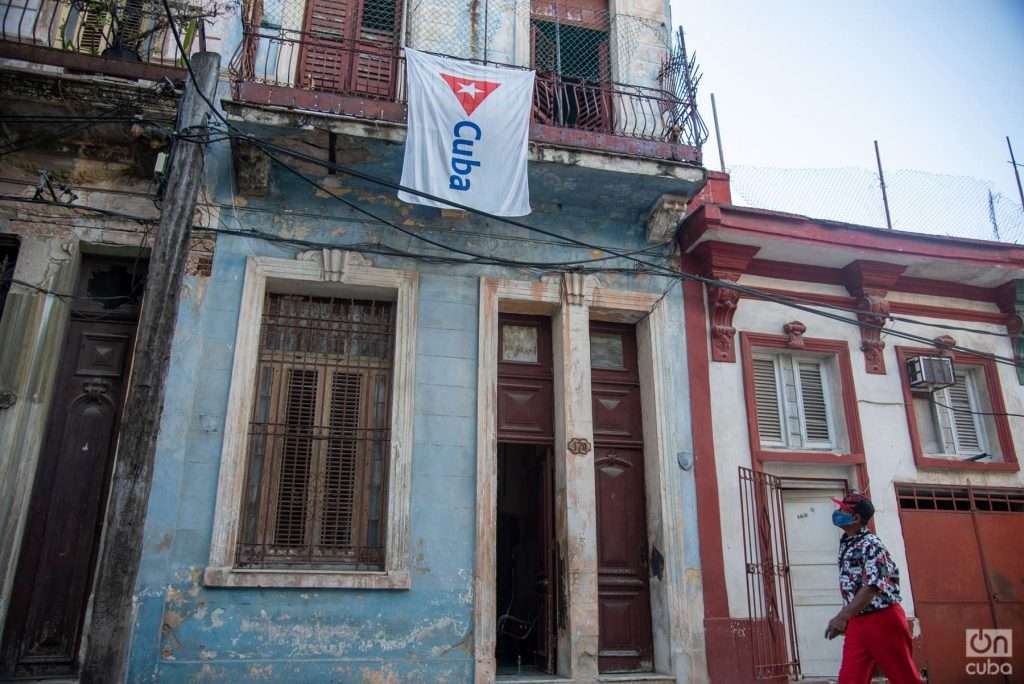
The Law on the Process for the Protection of Constitutional Rights, Law No. 153/22, is of crucial importance, since for the first time in sixty-two years, it establishes a legal procedure to sue State officials and agents for the violation of the constitutional rights of citizens.
However, the legal regulation shows important limitations that put at risk the full exercise of the regulated right and the effectiveness of the legal remedy that must guarantee the observance and respect by the State of the rights of citizens. Among the limitations are the following:
- It will not allow discussing the constitutionality of the laws.
In the explanatory statement of the bill that was presented to the National Assembly, it is stated that, for its drafting, texts and legislation on the matter in the Latin American and European spheres were consulted, as well as national precedents, including the 1940 Constitution, which instituted the Court of Constitutional and Social Guarantees.
However, the proposed constitutional protection, and finally enshrined in the Law, unlike many of its Latin American counterparts and the one established by the 1940 Constitution, does not recognize the possibility of discussing, through this instrument, the constitutionality of laws and other legal regulations.
To justify the exclusion, it reproduces the criterion, theoretically erroneous and ineffective in practice, established since the 1976 Constitution and ratified in the 2019 Constitution, that only the National Assembly of People’s Power exercises control of the constitutionality of laws and the rest of the legal regulations.
It is theoretically wrong because, as the old Roman aphorism says, Nemo iudex in causa sua; that is, no one can be a judge of his own cause. It is not possible for the National Assembly to dictate the laws and at the same time be able to impartially assess the constitutionality of its own creations. This is demonstrated by the fact that, in practice, the Assembly has not declared unconstitutional a single normative act, law, decree-law, decree, resolution or regulation in more than forty-five years.
This form of control of constitutionality has, strictly speaking, nothing to do with the national precedents that it is claimed to have consulted. The Constitution of 1940, for example, established the incidental control of constitutionality, in its article 182 paragraph b, as a competence of the Court of Constitutional and Social Guarantees.
When a judge or court considered any law, decree-law, decree or provision inapplicable because it violated the Constitution, they had to suspend the procedure and refer the matter to the Court of Guarantees so that it could rule on the constitutionality of the regulation in question.
- It may not be used to combat sentences from other courts.
The constitutional protection appeals of several Latin American countries not only allow the constitutionality of the laws to be discussed, but also that citizens can, through this instrument, combat decisions made by other courts and that they consider contrary to or in violation of their constitutional rights.
This is how it is regulated, for example, in Argentina, Peru, Venezuela, Guatemala, Honduras and Panama (the last four exempt from appeal only the rulings of the respective Supreme Court). The Spanish constitutional protection also makes it possible to combat ordinary court sentences through this recourse.
- It may not be used to discuss situations that have another judicial solution, although the exception is left open due to the “legal-social significance of the alleged violation,” which requires “urgent and preferential” action.
In practice, it will mean that many of the rights from the broad catalog recognized in the Constitution will face a rocky road, which, depending on the interpretation that the acting judge makes, may become impossible to overcome in order to obtain the protection of article 99.
With these three exclusions, the scope and effectiveness of the recourse are greatly limited, in fact using the law as a brake on the exercise of the constitutional right recognized in article 99 of the Magna Carta, and which is crucial and inalienable if we intend to take seriously article 1 of the Constitution, which declares that Cuba is a socialist State of Law.
Without effective mechanisms available to all citizens to claim their constitutional rights in the ordinary courts, and especially that of article 99, it will be extremely difficult in practice to achieve the end that the constituent intended to achieve, which would make it impossible to achieve, in any minimally significant sense, the Rule of Law in Cuba. This brings us to the last observation.
- The Law, in its present wording, does not guarantee that all appeals for violations of constitutional rights are admitted quickly and concentrated in court. Its article 8 opens a wide door for the courts to dismiss the protection appeals without carrying out the proposed evidence and without offering exhaustive arguments about their decision. It can declare the appeal inadmissible by means of an order.
The least that could have been done so as not to leave defenseless those who seek to resort to this route (the only way to claim in court for the violation of constitutional rights), would be to establish in the legal text the obligation of the courts to admit and resolve all appeals for protection.
With the exclusions explained above, concluded with the formulation of article 8, judicial control over the actions of State officials and agents that violate constitutional rights will be quite weak and it is to be feared that, if it is not always interpreted, in accordance with the old principle that the Law is the weapon of the weak, for the benefit of the plaintiffs (Cuban citizens), its practical effects will be, strictly speaking, almost undetectable.
In fact, an attempt has been made to file a lawsuit for the violation of constitutional rights under the Law, in force, and up to now it has been totally ignored without any explanation or communication, which is certainly an ominous omen.
It should not be forgotten — not only for this Law, but for all those that were approved and will be approved by the National Assembly — that the development of constitutional precepts — especially those that recognize rights — in no case can mean the reduction or restriction of its scope, much less the discouragement of its exercise by the citizens.
In other words, it is legally inadmissible to use the laws that should specify and facilitate the exercise of constitutional rights, as a brake for citizens to desist from exercising them, or limit their exercise to the point of irrelevance, which is always a temptation for those who hold power in any society.
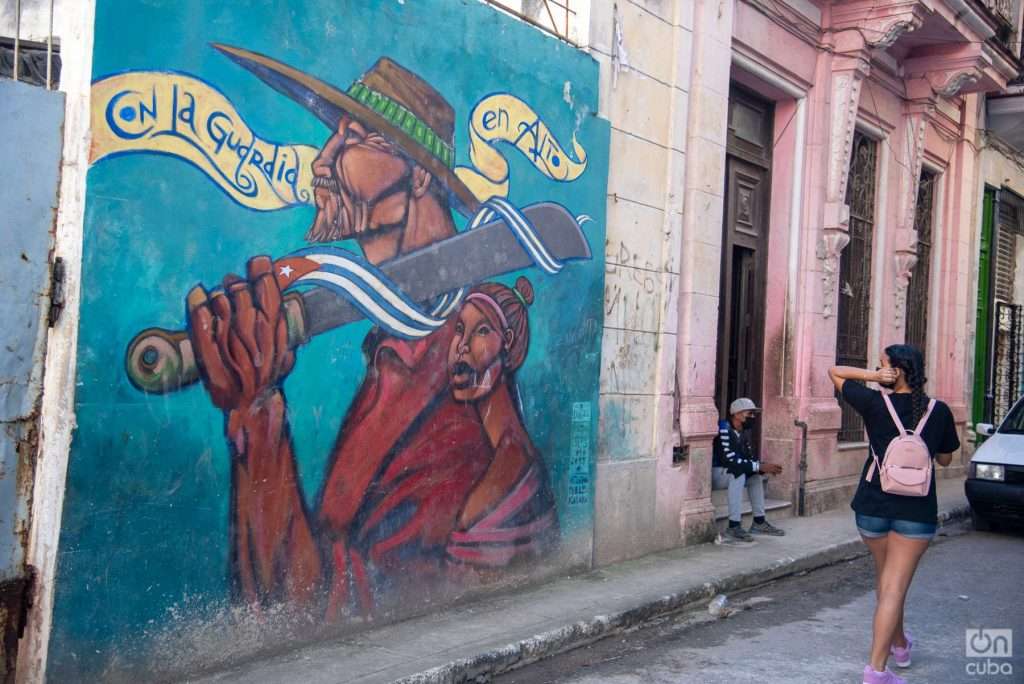
Other relevant laws
The Proceedings Code (Law 141/2021), the Law on Criminal Procedure (Law 143/2021), the Law on Administrative Procedure (Law 142/2021) and the Law on the Courts of Justice (Law 140/2021) have been in force since January 1, 2022, as well as the Law on Criminal Execution (Law 152/2022), which completed the deepest procedural and judicial reform in Cuba in recent decades.
In all cases, these are legal texts that, in the first place, constitutionalize their respective subject matters of regulation, by developing them legislatively within the framework established by the Constitution.
The importance of their contents is added, given that both Criminal and Administrative Law specifically regulate the use of sanctions to punish — and thus discourage — unlawful conduct as a means to protect defined legal assets.
This means that they must function — especially in the case of Criminal Law — as a last resort, giving preference and exhausting in any case the most benign and least intrusive means of citizen rights, rather than resorting, as a last resort, to criminal sanction.
For this purpose, it will be crucial how the respective processes ensure said ends, as means that they are, to put into practice the provisions of the substantive laws. In this sense, the Law on Criminal Procedure implies a complete paradigm shift in relation to due legal process (a right recognized in the Constitution), it introduces the principle of restorative justice, favorable to seeking a balance between social disapproval of the crime and punishment to the offender, on the one hand, and the restoration of the rights and damages suffered by the victims. In addition, it expands the rights of victims and recognizes the right to defense from the beginning of the process, something claimed for decades in the Cuban legal field.
The Law on Administrative Process also broadens the variety of issues that can be resolved judicially; for example, claims against the confiscation of assets or against a certain administrative resolution, which corresponds to the requirements of the Rule of Law proclaimed in the Constitution.
The Proceedings Code, for its part, transforms the Cuban probatory regime, by granting greater importance to the figure of the active judge, with broad faculties and competences in probatory matters: it eliminates the assessed evidence and regulates free assessment as a universal method for all means of proof, and incorporates certain valuation rules for each one of them, in order to guide the interpretative and weighting work of the court.
The Law on the Courts of Justice defines, organizes and regulates in detail the mission, structure, composition and functions of the judicial system. It is of special importance for the operation of a Rule of Law, since the courts are in charge of resolving conflicts, declaring the applicable law and defending justice in accordance with the Law.
It has much more meaning if we consider that, through articles 98 and 99 of the Constitution, the courts will have jurisdiction to declare the responsibility of State bodies, officials and agents for actions or omissions that cause damage or harm to citizens or that affect their fundamental rights. In other words, that the Law must scrupulously guarantee the impartiality of judges, their strict adherence to the Constitution and the laws, and their ability to exercise control — and punishment — of possible arbitrariness by State officials and agents.
There we will have definitive proof of the viability of the ideal of the socialist rule of law proclaimed in the Constitution.
In conclusion, we are facing the largest, deepest and most ambitious legal reform plan in the last six decades. It is not enough that the legal texts incorporate a whole gallery of values, principles and very advanced institutions; the question is to bring all this to the day-to-day reality of Cuban judicial praxis.
A lot will have to do with the transformation of a mentality based on the exercise of State authority, with the use of all coercive means and justified by the higher interest of the Revolution, into another that submits power to the Law, as established in article 1 of the Constitution with the Rule of Law; the government of laws instead of the government of men.
In the complex process, Cuban jurists will play a crucial role, but the way in which citizens, empowered with the knowledge of their rights, and the spirit to demand and exercise them, make Law a tool for emancipation, capable of channeling and civilizing the exercise of power, eradicating arbitrariness and impunity, which constitutes, in summary, the ideal of the Rule of Law of the Constitution, endorsed by the people, the sovereign, in the popular referendum of February 2019.

